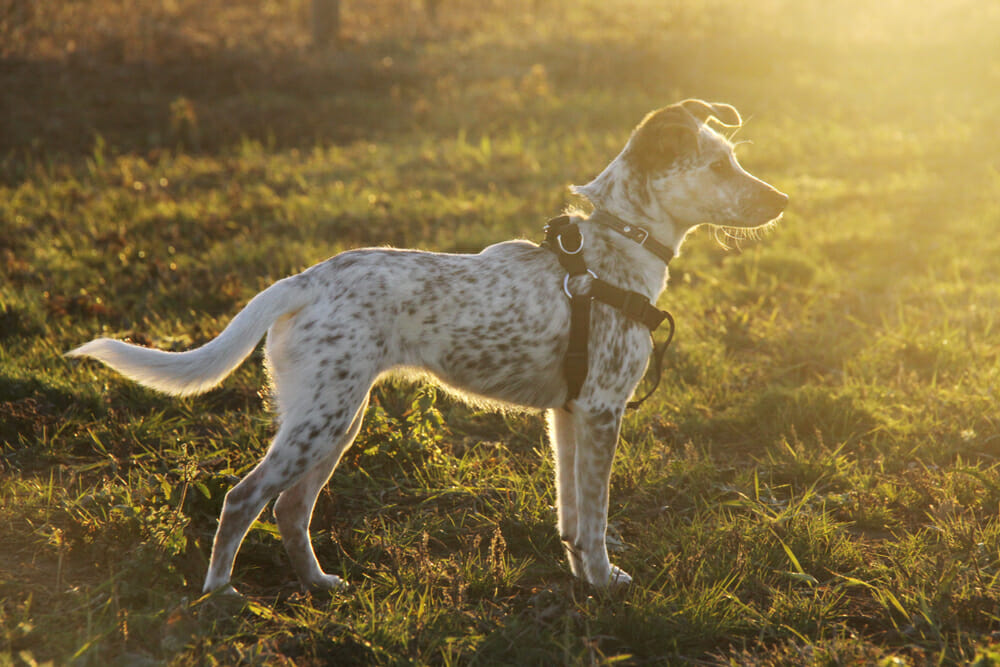Leptospirosis, or “Lepto” as we call it is a disease many Haligonians may have heard of within the past couple of years. Leptospirosis is caused by Leptospira bacteria and can be found in water and soil. This bacteria is found in warm climates, which also have a lot of rain, but it can be found worldwide. It is commonly spread through rodent and raccoon urine and sits in standing water. Cats, but mostly dogs, walk through areas where the bacteria are present and can come into contact with it. Common ways pets become infected is by drinking from puddles or streams, grooming themselves after being out and stepping in puddles, touching the mucous membranes of another dog by licking around the mouth or rear end of another dog. What is even worse is that this disease is what is called a “zoonotic disease,” meaning it can be transferable to humans.
If you are worried that your dog was exposed to the Leptospira bacteria, the illness can be seen through various clinical signs. Pets can show signs (in a list compiled from the American Veterinary Medical Association) that can include: fever, shivering, muscle tenderness, reluctance to move, increased thirst, changes in the frequency or amount of urination, dehydration, vomiting, diarrhea, loss of appetite, lethargy, jaundice (yellowing of the skin and mucous membranes), or painful inflammation within the eyes. The disease can cause kidney failure with or without liver failure. Dogs may occasionally develop severe lung disease and have difficulty breathing. Leptospirosis can cause bleeding disorders. Which can lead to blood-tinged vomit, urine, stool or saliva; nosebleeds; and pinpoint red spots (which may be visible on the gums and other mucous membranes or on light-coloured skin). Affected dogs can also develop swollen legs (from fluid accumulation) or accumulate excess fluid in their chest or abdomen.
If you see any of these signs and are worried, bring your pet to see a veterinarian for a physical exam. Your veterinarian may recommend other tests like bloodwork, a urinalysis, or possibly imaging from x-rays or ultrasound.
Treatment is most commonly antibiotics as well as supportive care (intravenous fluid therapy to flush the body of toxins, medicine to help them want to eat, and more.). We want to be able to protect the kidneys and liver as best as we possibly can to prevent further damage. Your pet will likely have to stay in the hospital for several days if fairly ill. There is always the chance that they will have some lasting kidney or liver damage, but this is not true with every case. The good news is that this illness is generally treatable, and most dogs recover from it with treatment. Remember, this illness can be spread to humans or other pets, so it is a serious concern!
Some great news is that there is a vaccination in most veterinary clinics which helps reduce the likelihood of your dog becoming infected with Leptospirosis or to lessen the severity of the illness if they happen to get it. It protects against the four most common strains/types of the bacteria, and the protection lasts for one year at a time. It is recommended to see your vet annually for your pet’s general health check as well as to get this vaccination.
If you have questions about this illness or want to know more about vaccination, please call us at Clayton Park Veterinary Hospital at 902-443-4345.
Written by: Dr. Erin Cambier, Veterinarian




